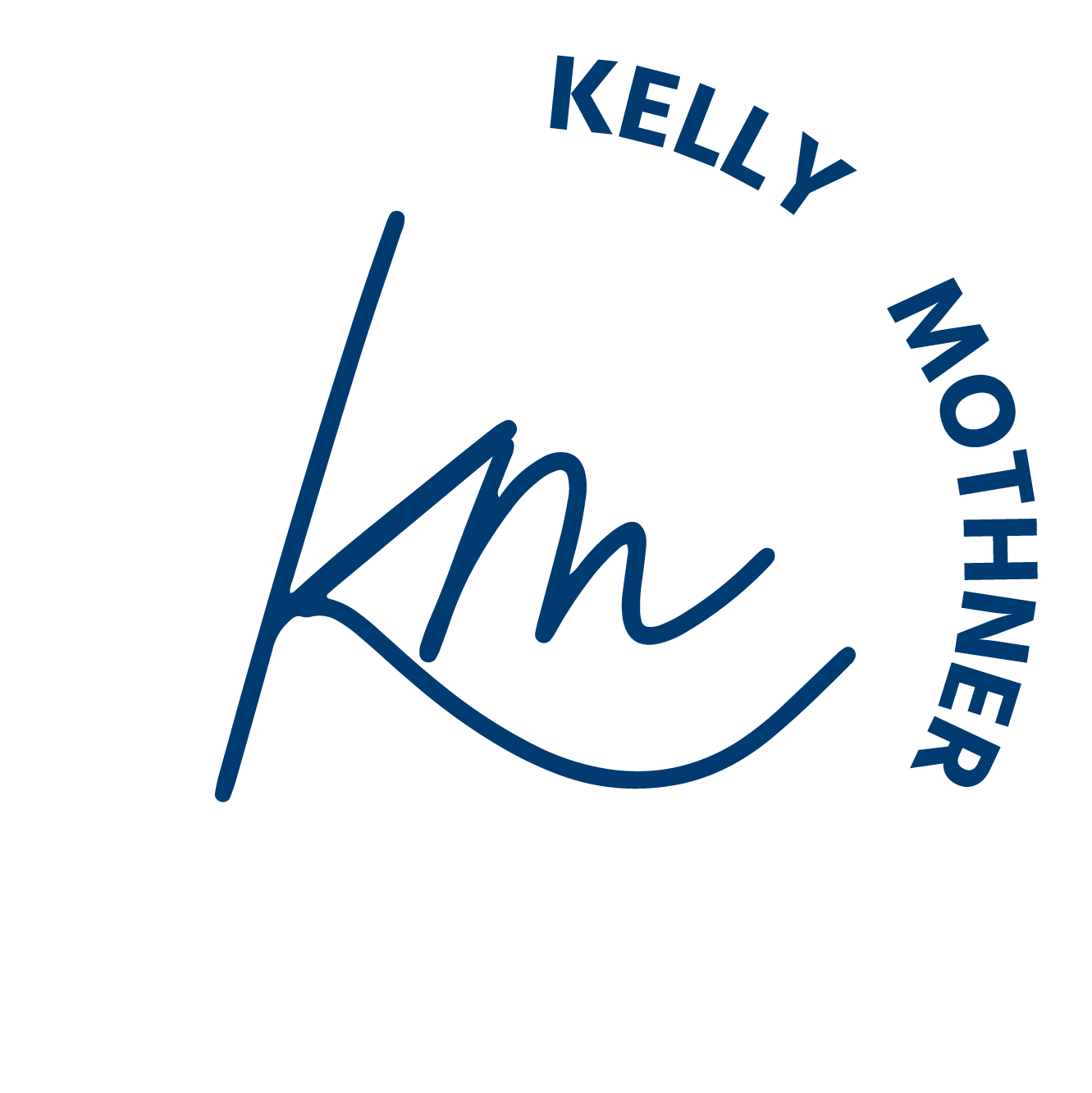Recognizing Toxic Relationships (and How to Deal with Them)
 Relationships are one of the most important and meaningful parts of the human experience – but unfortunately, just as a healthy relationship can be life-changing, a toxic relationship can be incredibly traumatic. As a multi-disciplinary therapist serving clients in Hermosa Beach, I often talk with my clients about the relationships in their lives, helping them to develop tools to work through conflict effectively, enhance intimacy, and grow together. Yet sometimes, the dynamics of a relationship can go beyond healthy conflict and become toxic, and it’s important to know how to recognize – and to deal with – a toxic relationship.
Relationships are one of the most important and meaningful parts of the human experience – but unfortunately, just as a healthy relationship can be life-changing, a toxic relationship can be incredibly traumatic. As a multi-disciplinary therapist serving clients in Hermosa Beach, I often talk with my clients about the relationships in their lives, helping them to develop tools to work through conflict effectively, enhance intimacy, and grow together. Yet sometimes, the dynamics of a relationship can go beyond healthy conflict and become toxic, and it’s important to know how to recognize – and to deal with – a toxic relationship.
Signs That You’re in a Toxic Relationship
The word “toxic” gets thrown around a lot when talking about people and relationships. However, it’s often difficult to determine whether a relationship is simply experiencing a rough patch or has become toxic, especially when you’re on the inside. After all, relationships are hard work, right? Yes, they are – but the difference is whether that work is helping or harming you.
On a basic level, we can define a toxic relationship as one where the behaviors of at least one partner are emotionally or (all too often) physically damaging to the other. The work of a healthy relationship helps to build both partners up, deepen love and trust, and help both partners grow. “Work” in a toxic relationship only serves to amplify fear, drain energy, and damage self-esteem.
But how can you tell if you’re in a toxic relationship? While there’s no one-size-fits-all test, there are a few telling signs that your relationship has become toxic:
- Lack of Reciprocity: In a healthy relationship, both partners give to and care for each other. How many of your interactions are about your partner and not about you? If you find that your partner needs constant validation and sympathy for their problems but is unwilling or uninterested in hearing yours, that’s an unhealthy dynamic. This is especially true if you’re made to feel guilty for wanting to talk about legitimate complaints or bad feelings you’re having about the relationship.
- Identify Control: Do you notice your partner trying to control or influence your life? A partner that attempts to control who you can be friends with or interact with may be displaying toxic behavior, especially if they try to isolate you or turn you away from your friends and family. Anytime a partner works to limit your support network, something isn’t right.
- Look At Your Own Behaviors: A major component of most toxic relationships is manipulation, both direct and indirect. Take a look at your life and ask yourself if your behaviors have changed in ways you don’t like due to the relationship – are your other relationships suffering? Are you self-medicating (drinking, smoking, etc. to relieve stress) more than usual? Do you feel like you can be yourself with this person? Often, toxic relationships can change us in ways we may not realize without looking deliberately.
Moving Through a Toxic Relationship
If you feel that you’re in a toxic relationship, it’s important to take action – and no matter what, your first priority should always, always, always be your own safety. If your partner has threatened you or given you any reason to feel unsafe with them, do NOT ignore your instincts. Call friends, family, or the police if necessary, but make sure you’re prioritizing your own safety above all else.
Next, if you decide you want to work on the relationship, open communication is key. Try to identify the toxic behaviors and bring them up with your partner. If this proves unsuccessful, it may be time to pursue couples therapy – but if you feel the relationship is too damaged or that fixing it would be too harmful to you, don’t be afraid to get out. Listen to your instincts and constantly reaffirm to yourself that you deserve a partner who will love you in a way that’s healthy for you. If that’s not this partner, take the necessary precautions to keep yourself safe and leave.
Schedule a Consultation for Therapy in Hermosa Beach
Toxic relationships can run the gamut from being unpleasant to being truly traumatic or physically dangerous, so it’s important not to take this topic lightly. If you need support working on or working through your current relationship, I can help. Through individual therapy and counseling, I can work with you to help you determine if the relationship is, in fact, toxic. As an experienced couples therapist in Hermosa Beach, I can provide the space and the professional guidance needed for both you and your partner to repair the relationship. I can also help you decide if repairing the relationship is worth it or if it’s time to simply move on. You deserve to experience the magic that a healthy, strong relationship can bring to your life – so take the first step towards getting there. Reach out to me today at 310.892.2572.


